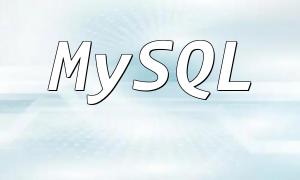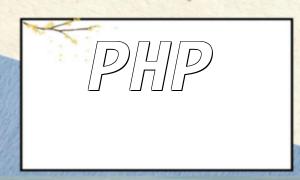In PHP development, class loading errors are common debugging challenges, often caused by file path issues, missing class files, or incorrect namespace usage. This article explores how to effectively capture and handle these errors while generating detailed error messages to help developers quickly locate and fix the issues.
We can use try-catch statements to capture exceptions and generate different error messages to quickly identify the error type.
try {
// Code to load the class
} catch (Exception $e) {
if ($e instanceof Error) {
// Handle file path errors and missing class files
echo "Class loading error: file path error or file not found";
} elseif ($e instanceof Throwable) {
// Handle incorrect namespace usage
echo "Class loading error: incorrect namespace import";
} else {
// Handle other exceptions
echo "Class loading error: unknown error";
}
}
We can use the file_exists() function to check if the class file exists, which helps determine whether it’s a file path error or a missing class file.
try {
// Code to load the class
} catch (Error $e) {
// Get the class name thrown by the exception
$className = $e->getMessage();
// Get the file path of the class
$filePath = __DIR__ . "/path/to/classes/" . $className . ".php";
// Check if the class file exists
if (file_exists($filePath)) {
// Handle file path error
echo "Class loading error: file path error";
} else {
// Handle missing class file
echo "Class loading error: file not found";
}
}
By catching a Throwable exception and analyzing the exception message and stack trace, we can determine if the error is caused by incorrect namespace usage.
try {
// Code to load the class
} catch (Throwable $e) {
// Get the exception message
$message = $e->getMessage();
// Get the stack trace of the exception
$trace = $e->getTrace();
// Check if the exception message or stack trace contains namespace-related content
if (strpos($message, "namespace") !== false || strpos(print_r($trace, true), "namespace") !== false) {
// Handle incorrect namespace import
echo "Class loading error: incorrect namespace import";
} else {
// Handle other exceptions
echo "Class loading error: unknown error";
}
}
With the error handling methods and code examples provided in this article, developers can more efficiently address PHP class loading errors. By combining appropriate logging and error tracking tools, debugging efficiency can be significantly improved, ensuring the stability and reliability of the code.









